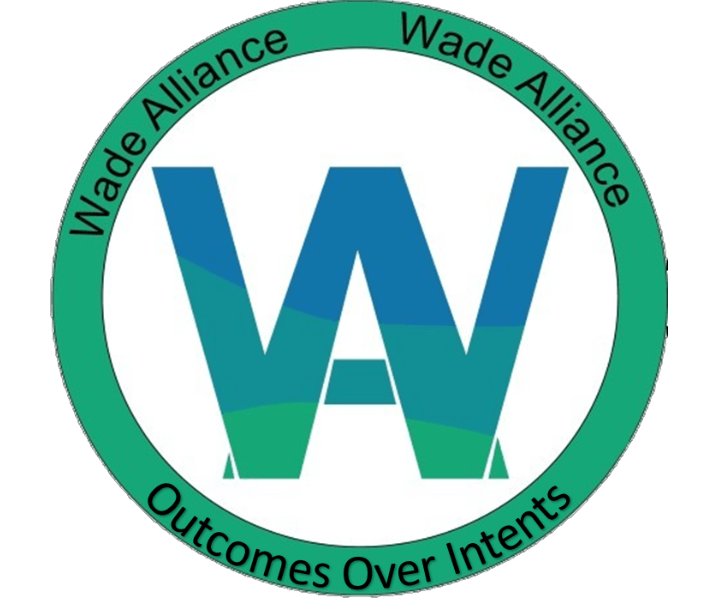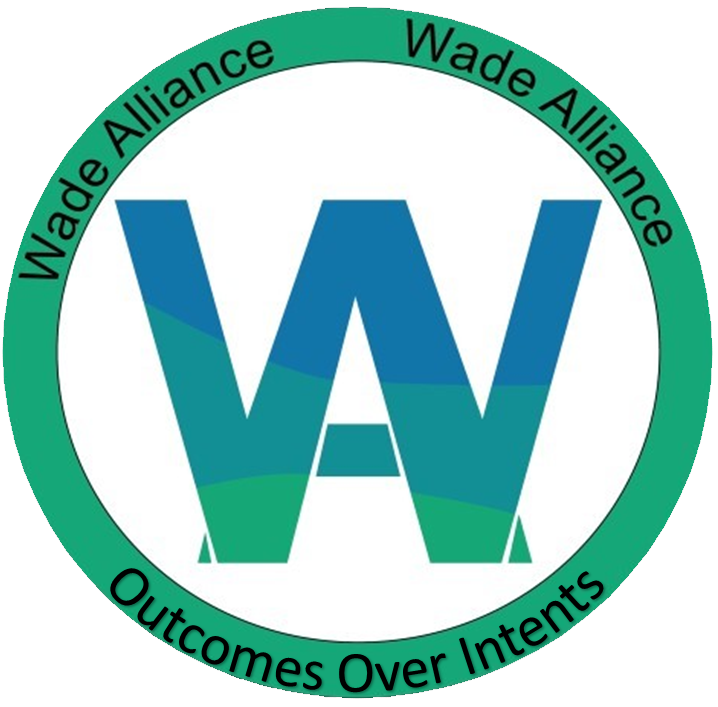Virtual Chief Diversity Officer
The Wade Alliance is available for organizations that recognize a need for change but lack a dedicated expert in Diversity, Equity, Inclusion and Belonging (DEIB). We are ready to assist those navigating the challenges that come with transformation. Building cultural fluency is critical in “change management” which is a primary function of an organization's Chief Diversity Officer (CDO). Thoughtful assessment of organizational values and goals is required to produce individualized metrics and systems with integrated feedback. As a virtual CDO we can assist members who realize that they are leaders interested in positive organizational change. Contact
the Wade Alliance to discuss the benefits of having access to DEIB expertise.

Health Organizations

Every medical environment faces challenges with finite assets that often require improvisation and prioritization. The challenges in a tertiary hospital differ from the needs of a remote camp in Mongolia. Healthcare is a complex organism with intersecting systems that rarely have one simple solution. The common thread of healthcare is to provide patient-centered and humanistic care. The Wade Alliance can incorporate the unique perspective of providing care when resources are scarce or abundant. We recognize the impact of a physician prescribing medication that a family cannot afford; the challenge of reliable transportation in rural areas; and how interpersonal communication is required to provide the right treatment to the right person. Excellent and equitable healthcare relies on multiple stakeholders creating lasting positive change. The Wade Alliance
can work with your organization to identify and address challenging issues that may be hindering your goal of caring for all of the patients in your area.
Educational Institutions
From engaging auditorium presentations to small group workshops we have the experience to enhance your institution’s educational goals. Our philosophy is simple; there is no universal solution to the challenges of educating others. Reaching rural teens requires a different approach than engaging professional women who are simultaneously raising a family. If you are looking for assistance in building a workshop or higher education course activities rooted in behavioral economics and objective feedback, we can assist. Moving beyond Powerpoint, Kahoot or case scenarios we can help you address anxiety provoking topics and become better educators.

Cultural Fluency
The term cultural competency implies that we have the ability to effectively navigate a foreign culture. Compared to learning another language we will never be as skilled as the person who grew up speaking the language. The better term is cultural fluency which acknowledges that the process to improve our ability to “speak and understand” a different culture is unending.
We recommend the following four foundational steps in building cultural fluency:
- Actively listen. The ability to focus on the person talking without formulating your response or your next point requires both practice and effort. An active listener uses verbal and non-verbal cues to let the speaker know that they are engaged.
- Be curious. The essence of every great story is the ability to engage. A person engaged wants to know, “What’s next?” Bias leads us to believe we know the story and closes the door to learning. Being curious about another culture is essential to learning and caring about a culture that is not your own.
- Practice without a net. We are the most focused when the consequences are high. The outcome of insulting someone in maintenance does not feel the same as the consequence of insulting a client. Most people have the privilege of being a tourist to other cultures, but the people who learn the best seek immersive experiences.
- Accept and forgive your mistakes. A common fear when navigating another culture is of being embarrassed by mistakes. Mistakes are harder to accept the longer we live. Children are the perfect example of dealing with mistakes. Toddlers don’t stop walking because they fall down, and every athlete has lost a game. If the first three recommendations are followed the cultural natives will typically be gracious. If grace is not given then your grit can be expanded.
Use these basics in your goal to build cultural fluency. If you need help, the Wade Alliance
is available to work with you in creating a sustainable program.




